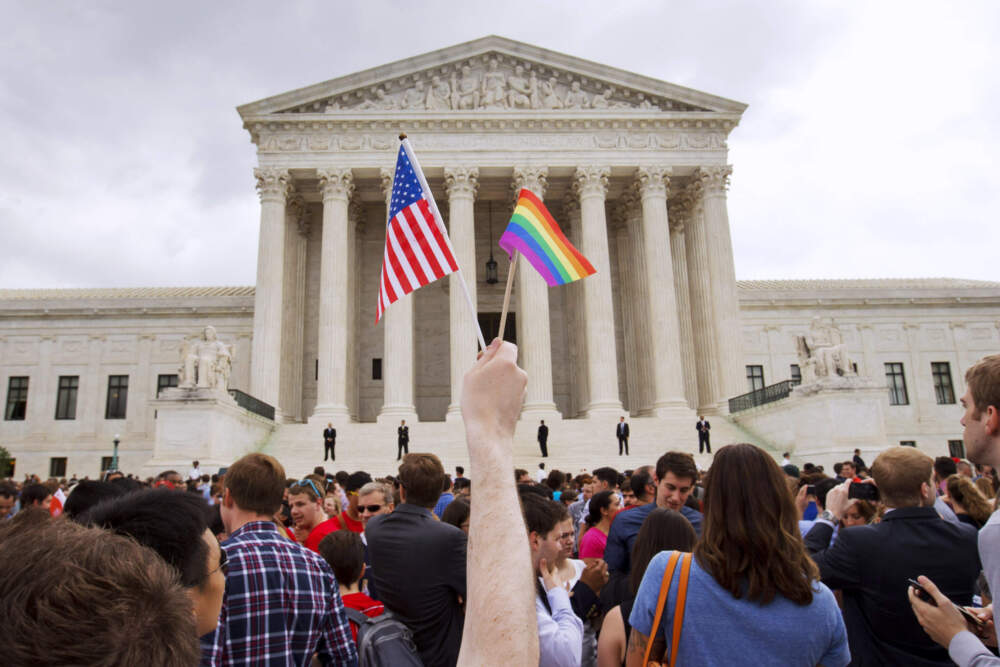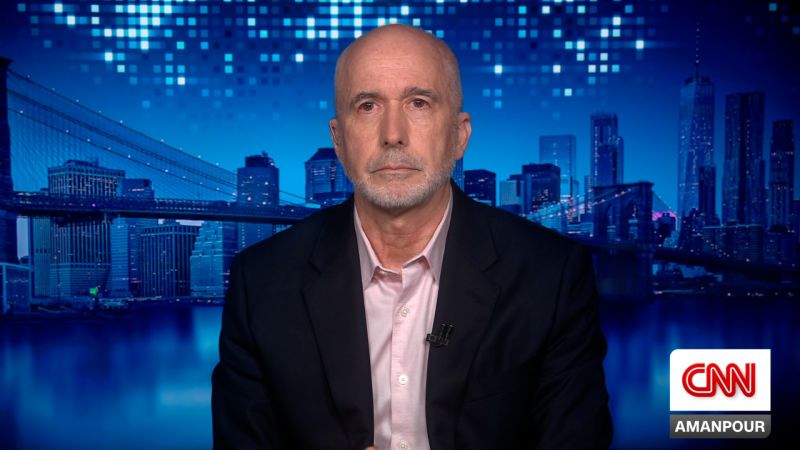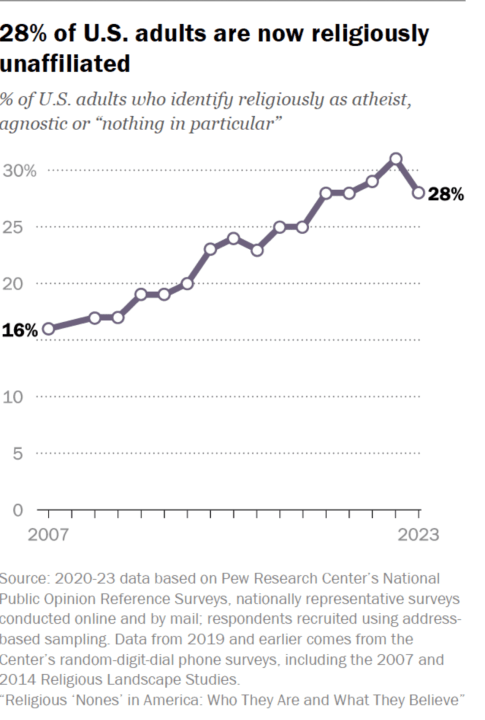Faith vs. Curriculum: Supreme Court to Weigh Parents' Religious Objections to LGBTQ+ Education
Religion
2025-04-22 11:51:07Content

In an increasingly diverse educational landscape, a growing tension has emerged between parental religious beliefs and inclusive curriculum content. Some parents are expressing concerns about LGBTQ+ themed lessons, seeking to protect their children from what they perceive as conflicting educational material.
The debate centers on a fundamental question: How can schools balance respect for diverse family values while promoting understanding and inclusivity? Parents who wish to opt their children out of these lessons argue that the content contradicts their religious teachings and personal beliefs about gender and sexuality.
Educational experts, however, emphasize the importance of creating safe, welcoming environments that help students understand and respect different identities. They argue that exposure to diverse perspectives is crucial for developing empathy and social awareness in young learners.
Schools are increasingly finding themselves navigating this complex terrain, attempting to strike a delicate balance between parental concerns and the broader goal of creating an inclusive educational experience. The conversation continues to evolve, reflecting the ongoing dialogue about representation, respect, and understanding in modern classrooms.
While the debate remains nuanced and sensitive, the ultimate aim is to support students' emotional and social development while respecting the diverse backgrounds and beliefs within school communities.
Navigating Educational Diversity: The Intersection of Religious Beliefs and LGBTQ+ Curriculum
In the complex landscape of modern education, schools are increasingly confronting challenging conversations about curriculum inclusivity, parental rights, and the delicate balance between respecting diverse perspectives while promoting understanding and acceptance.Challenging Conversations: When Personal Beliefs Clash with Inclusive Education
The Roots of Curriculum Controversy
Contemporary educational environments are experiencing unprecedented tensions surrounding inclusive curriculum design. Parents with deeply held religious convictions are increasingly challenging school districts' approaches to teaching about sexual orientation and gender identity. These conflicts emerge from fundamental differences in understanding human diversity, with some families viewing LGBTQ+ themed lessons as contradictory to their personal or religious beliefs. The landscape of educational content has dramatically transformed in recent years, reflecting broader societal shifts towards acknowledging and celebrating diverse identities. School administrators find themselves navigating a complex terrain where respecting individual family perspectives must be balanced against creating inclusive learning environments that support all students.Religious Freedom and Educational Boundaries
Religious communities represent a spectrum of perspectives regarding LGBTQ+ inclusive education. Some parents argue that curriculum discussing sexual orientation or gender identity conflicts with their fundamental religious teachings, seeking exemptions or alternative educational approaches for their children. This stance raises critical questions about the boundaries between personal religious beliefs and public educational standards. Educational experts emphasize the importance of creating spaces that simultaneously respect religious diversity while promoting understanding and empathy. The challenge lies in developing curriculum that acknowledges different perspectives without marginalizing or discriminating against any student population.Legal and Ethical Considerations
The opt-out movement presents complex legal and ethical challenges for school districts nationwide. While parents possess certain rights regarding their children's education, schools must also fulfill their mandate to provide comprehensive, inclusive learning experiences. Constitutional protections for religious freedom intersect with educational policies designed to support diverse student populations. Legal precedents suggest that while parents can express concerns, schools are not obligated to completely remove LGBTQ+ themed content from curriculum. Instead, districts are encouraged to develop nuanced approaches that provide context, sensitivity, and opportunities for constructive dialogue.Impact on Student Experience
The ongoing debates surrounding curriculum inclusivity have profound implications for student psychological well-being. LGBTQ+ students often experience heightened vulnerability when educational environments fail to provide supportive, affirming representations of their identities. Conversely, students from more conservative backgrounds may feel alienated by perceived challenges to their family's belief systems. Psychological research consistently demonstrates that inclusive educational environments contribute significantly to students' emotional development, self-understanding, and interpersonal skills. Creating spaces that honor diverse perspectives while promoting mutual respect becomes crucial in preparing students for an increasingly complex, interconnected world.Potential Paths Forward
Constructive resolution requires open communication, empathy, and a commitment to understanding different perspectives. School districts might consider developing transparent curriculum review processes, hosting community dialogues, and creating optional alternative learning modules that address diverse family concerns while maintaining core educational objectives. Collaborative approaches that invite parental input, provide clear communication about curriculum goals, and demonstrate respect for varied belief systems can help mitigate potential conflicts. The ultimate goal remains creating educational environments that support all students' growth, understanding, and personal development.RELATED NEWS
Religion

Bridging Divides: How a Fujian City Weaves Cultural Threads with Taiwan
2025-03-09 08:06:53
Religion

Controversial Commentary: Adult Film Actress Sparks Outrage with Provocative Religious Remarks
2025-03-25 12:23:20






